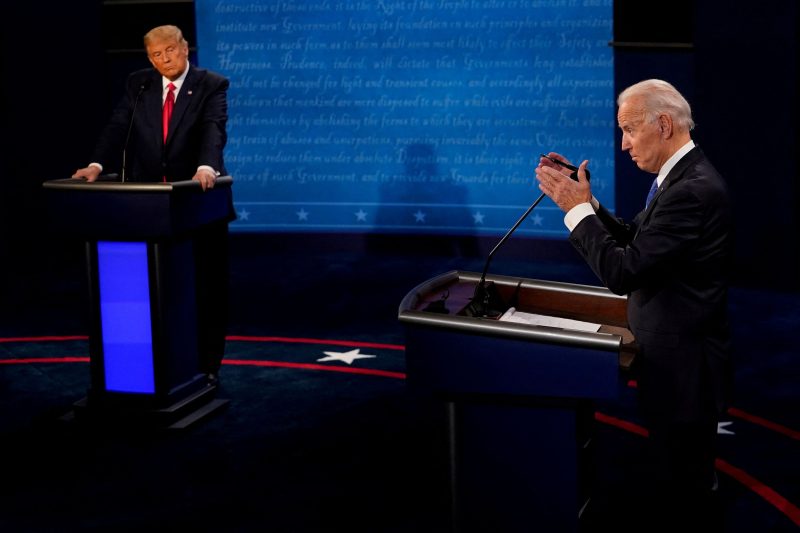In the realm of politics, debates have always served as a crucial and defining moment in shaping public opinion and voter sentiment. Whether it’s a local town hall debate or a national televised showdown between political heavyweights, the power of debating lies in its ability to sway undecided voters and solidify support for a candidate or a cause. As we delve into the dynamics of political debates and their impact on the trajectory of voter sentiment, one cannot help but ponder the intricate dance between words, ideas, and persuasion.
At the heart of any debate is the clash of contrasting viewpoints and the challenge of defending one’s position while discrediting the opponent’s arguments. It is within this crucible of intellectual combat that candidates showcase their mastery of rhetoric, policy knowledge, and the art of persuasion. The stakes are high, as a well-articulated argument can captivate an audience and resonate with voters on a profound level, potentially swaying their allegiance in the process.
Furthermore, debates are not merely about presenting facts and figures; they are also about connecting with the audience on an emotional level. Successful debaters are adept at appealing to voters’ values, aspirations, and fears, thus forging a personal connection that transcends mere words. By painting a vivid picture of a better future under their leadership, candidates can evoke hope and optimism in voters, thereby garnering their support through emotional resonance.
Moreover, debates serve as a litmus test of a candidate’s ability to think on their feet and respond effectively to unexpected challenges. In the heat of the moment, candidates must demonstrate composure, quick thinking, and a deep understanding of the issues at hand. It is in these unscripted exchanges that the true character and leadership qualities of a candidate shine through, leaving a lasting impression on voters and shaping their perception of the individual’s fitness for office.
In the age of social media and instant communication, the impact of debates has only been magnified, as soundbites and memorable moments quickly go viral, shaping the narrative of an entire campaign. One well-timed quip or poignant rebuttal can turn the tide of public opinion and dominate the news cycle for days on end. Candidates must be mindful of the power of these moments and strategize accordingly to maximize their impact on voter sentiment.
In conclusion, debates play a pivotal role in shaping voter sentiment and swaying undecided voters in favor of a particular candidate or cause. Through the art of persuasion, emotional resonance, and quick thinking, candidates can leverage debates to solidify their support base and sway the hearts and minds of the electorate. As we navigate the turbulent waters of modern politics, the enduring power of debates remains a cornerstone of the democratic process, illuminating the path forward for a nation deeply divided yet united in the pursuit of a better tomorrow.

